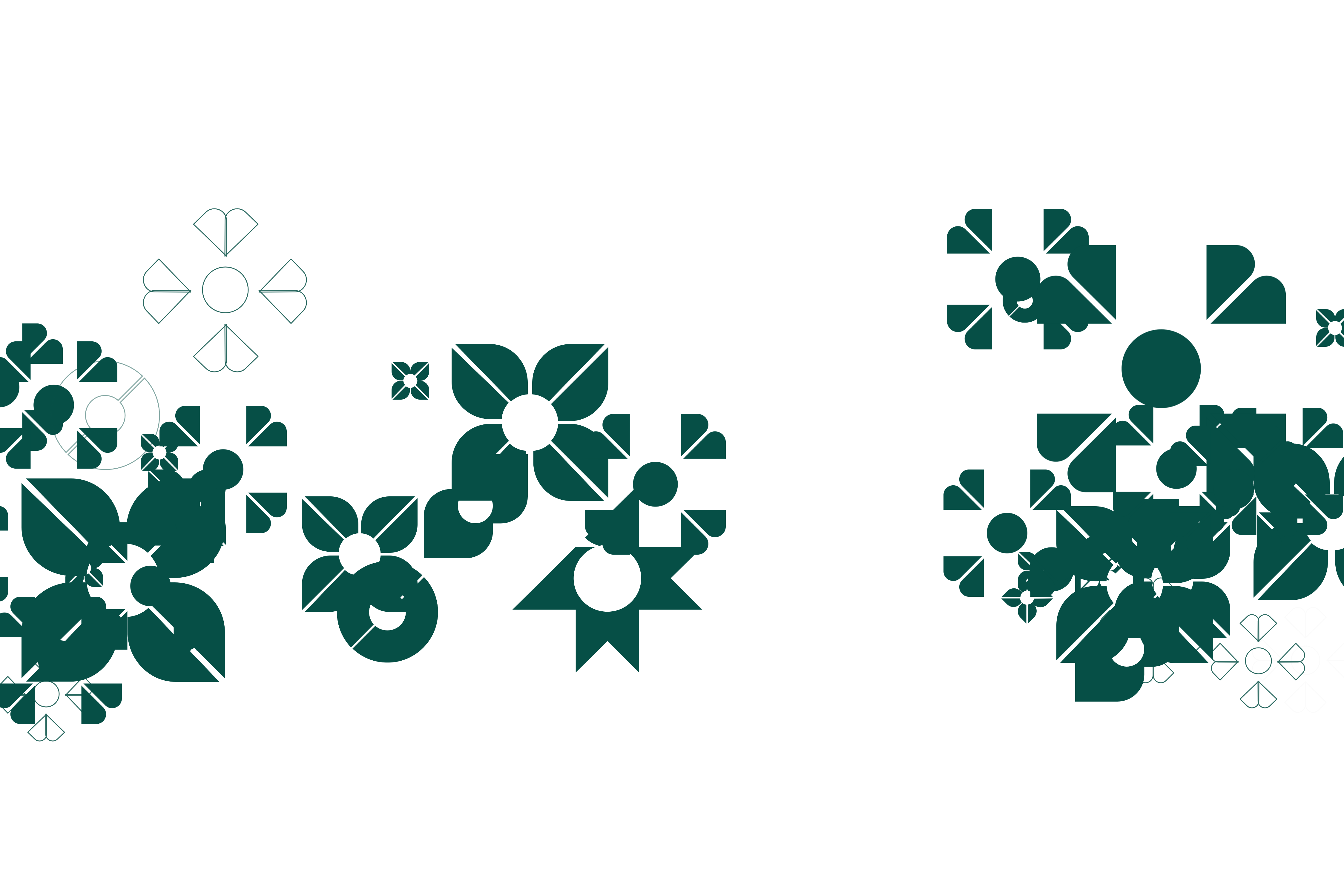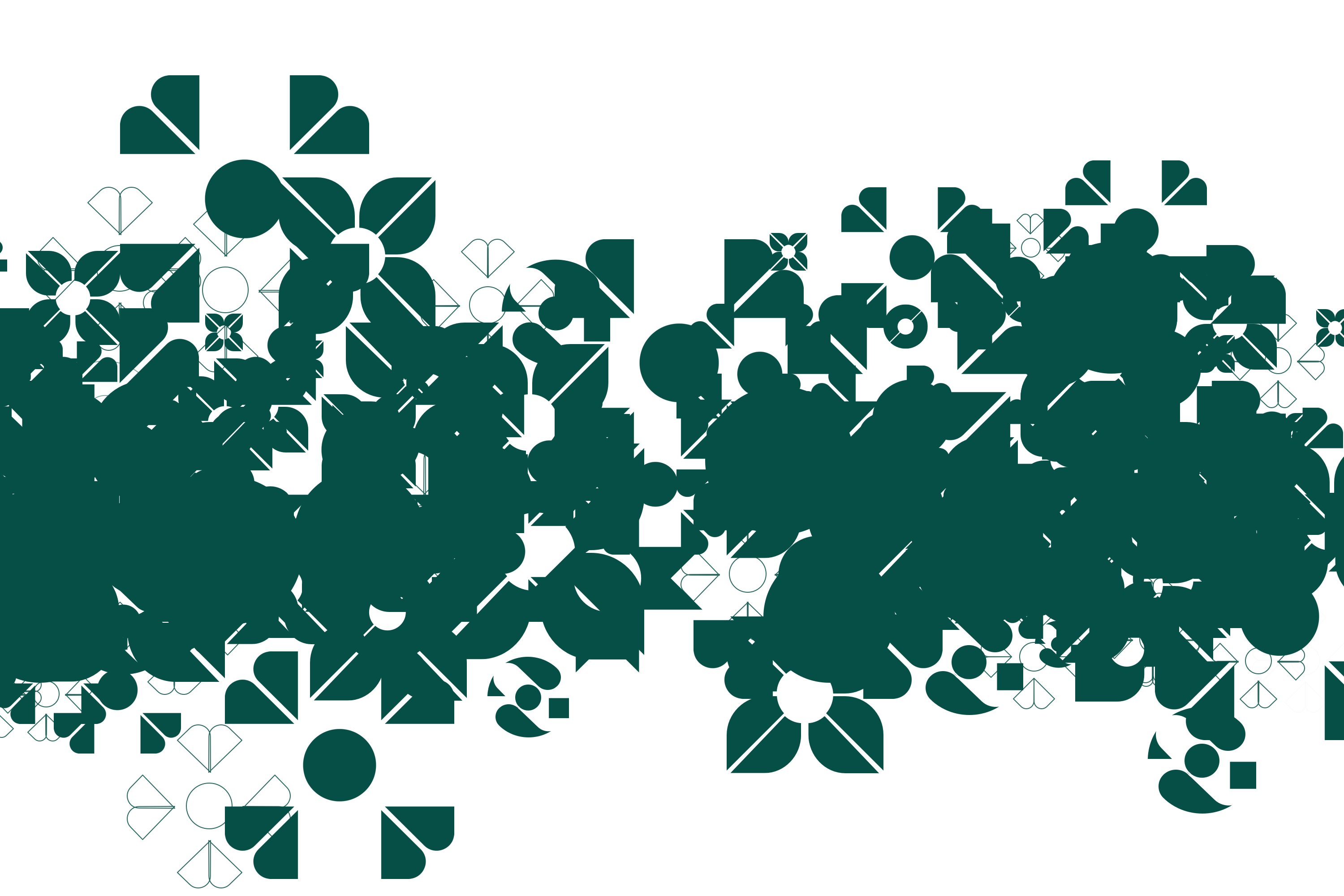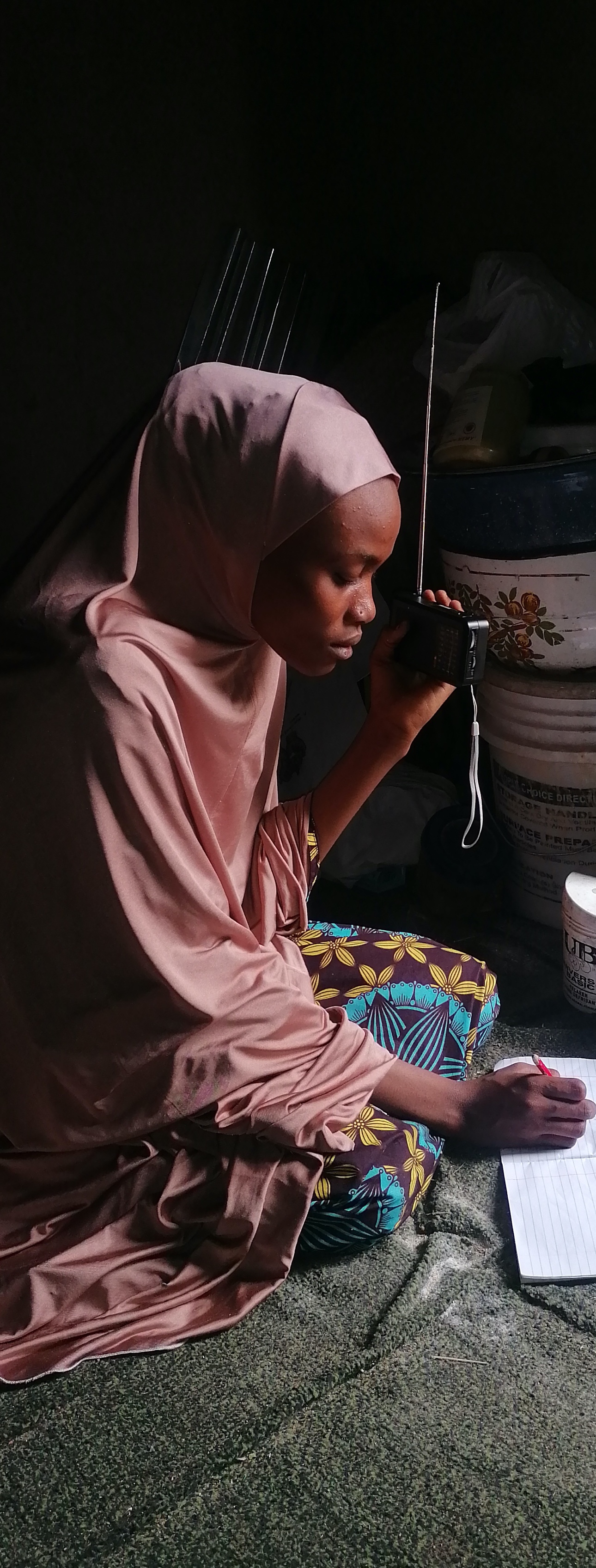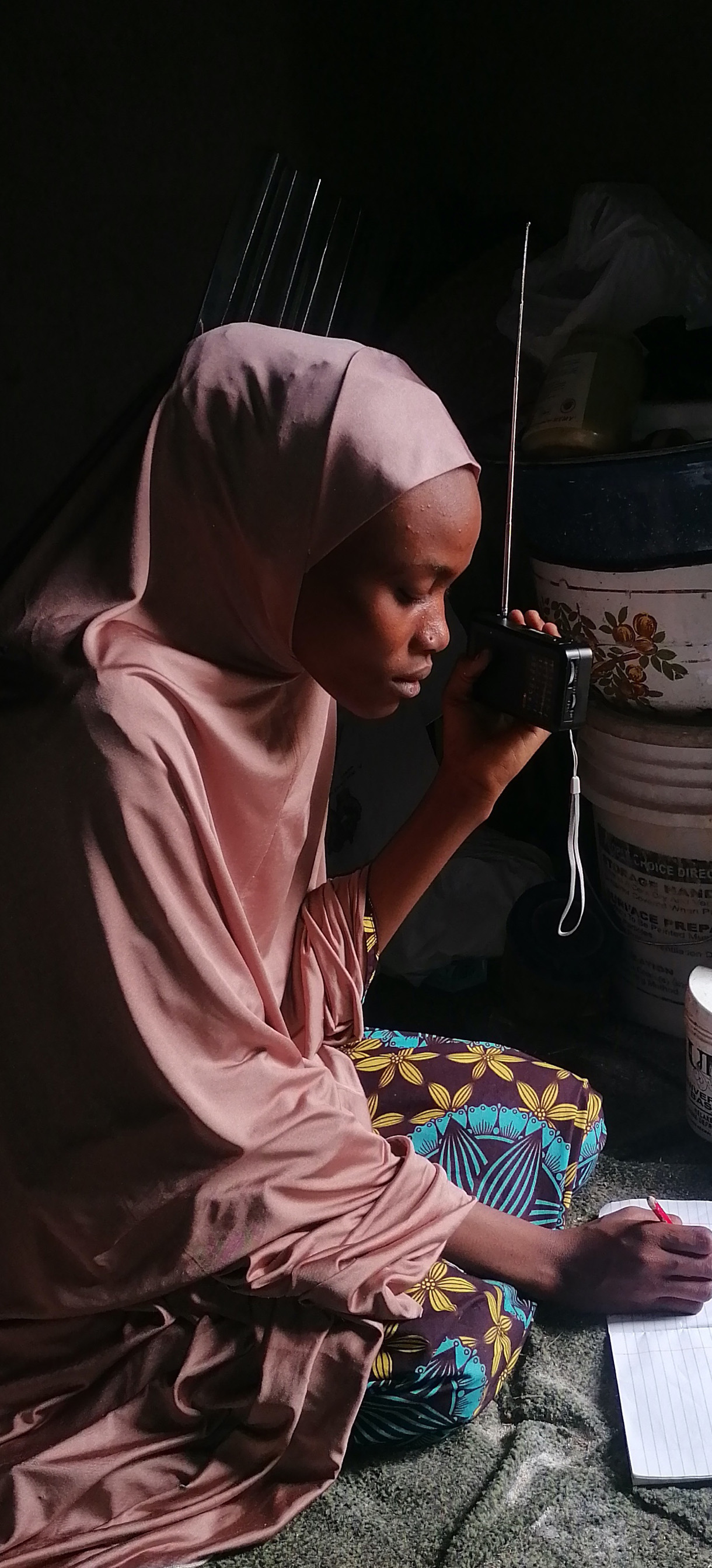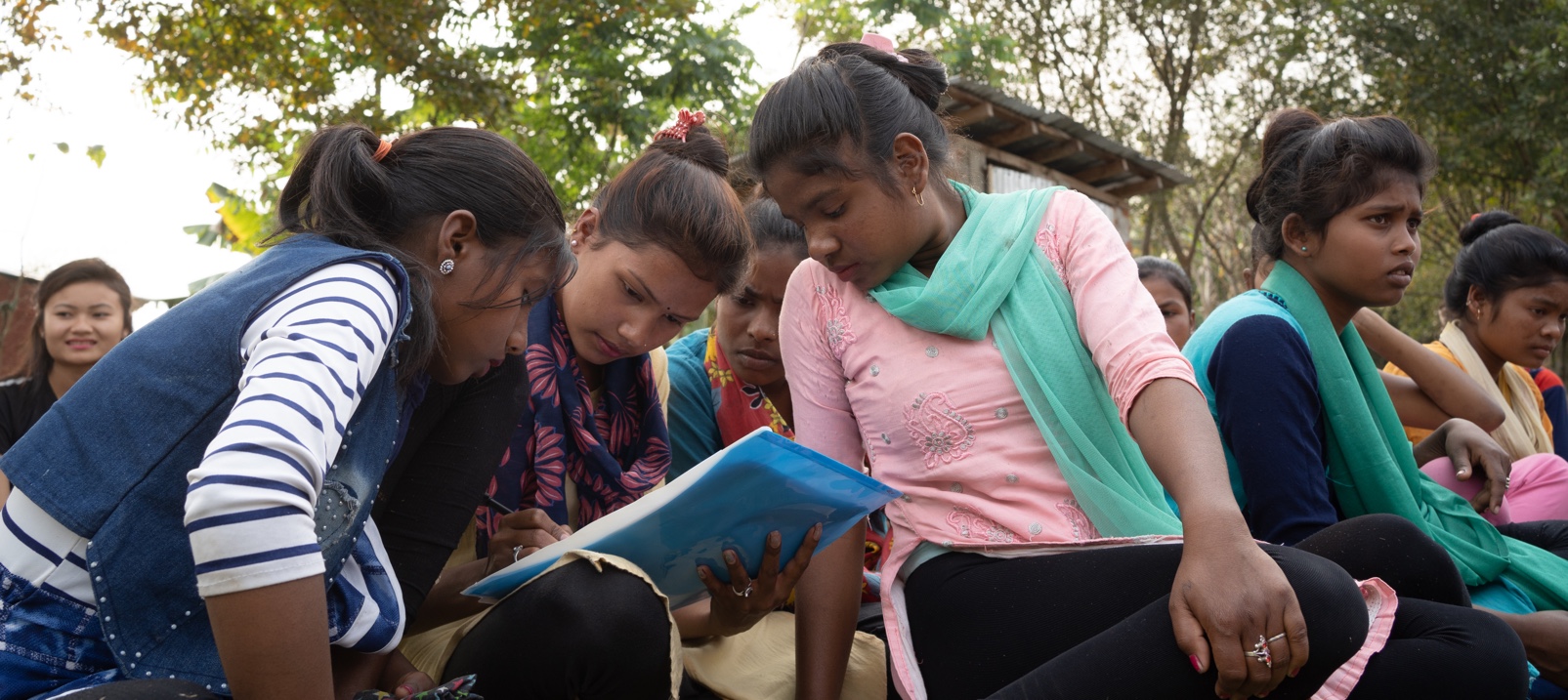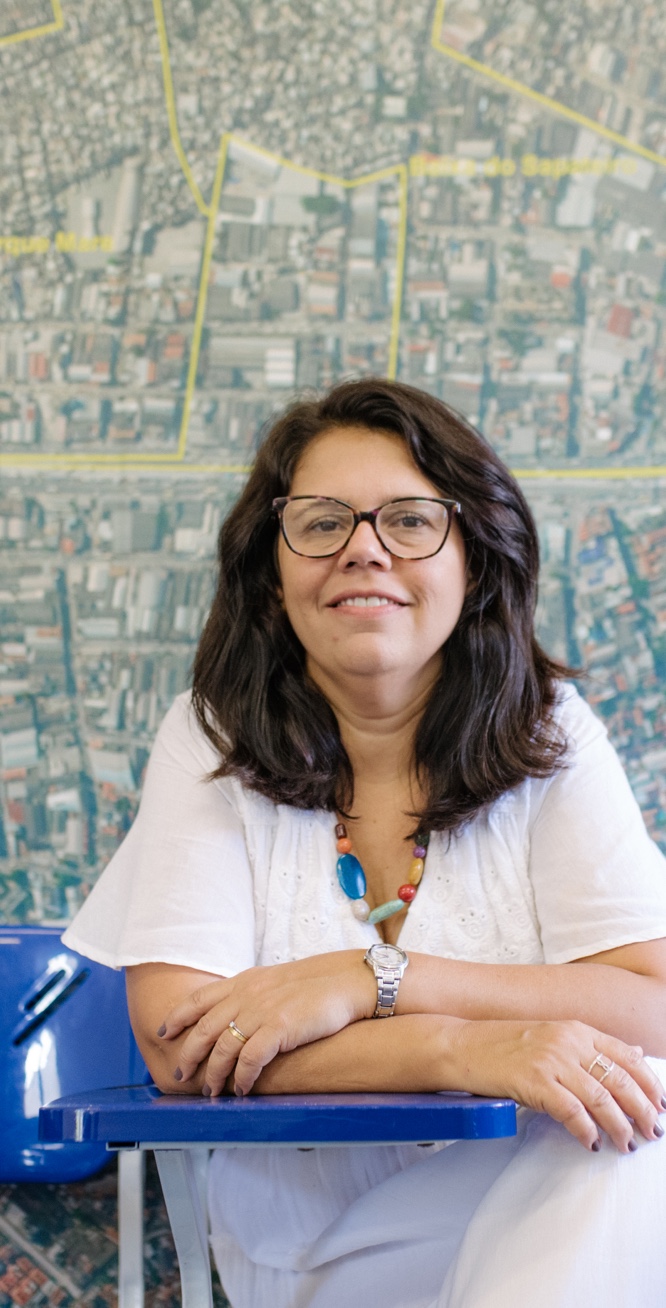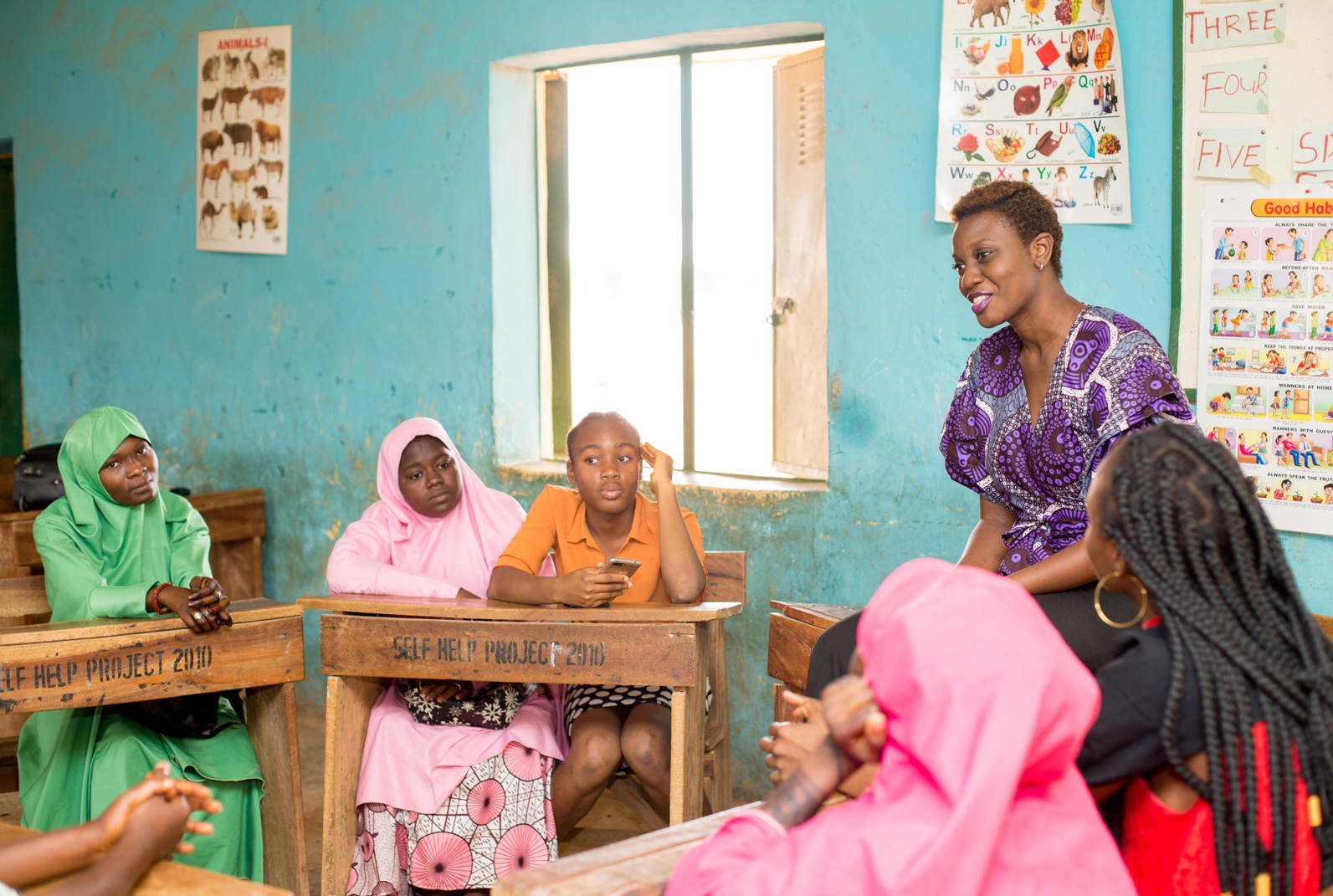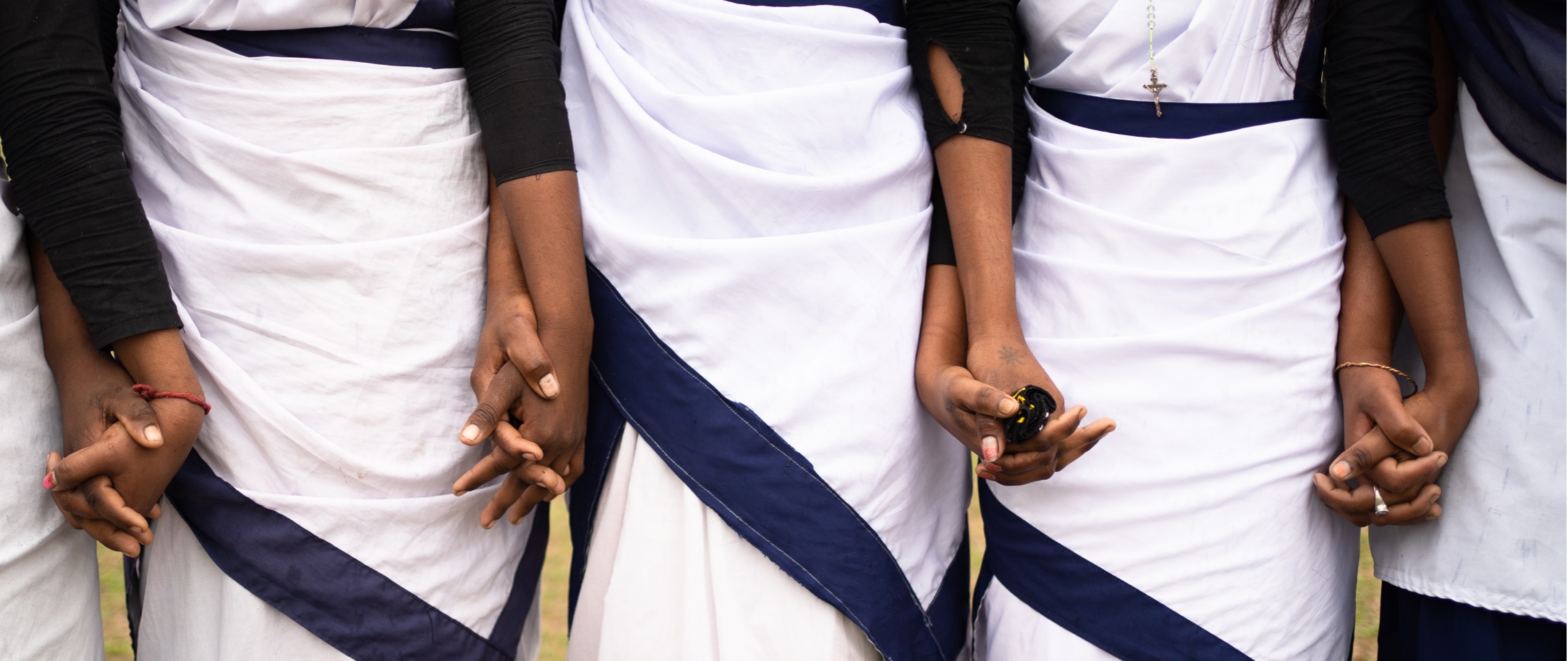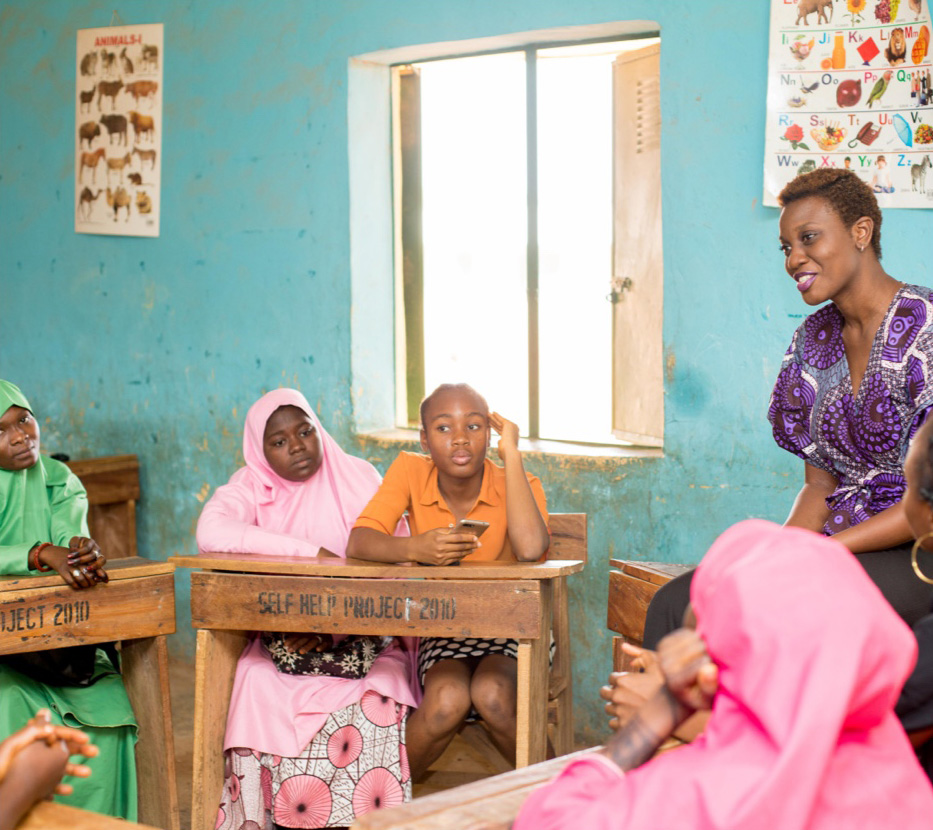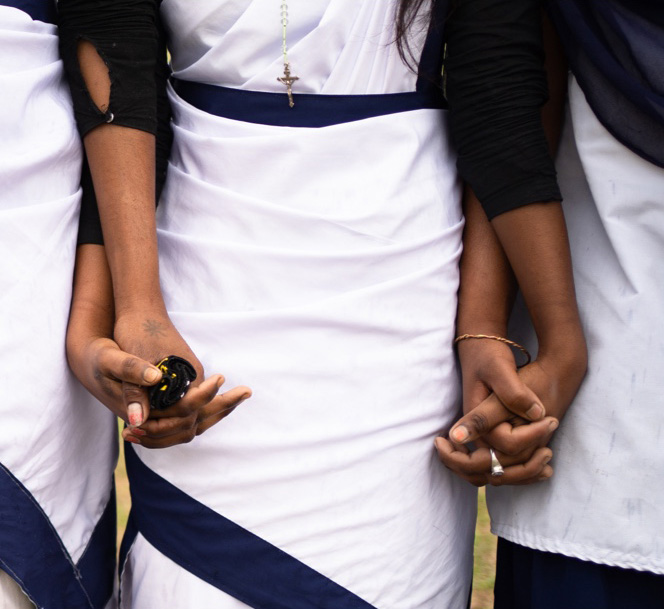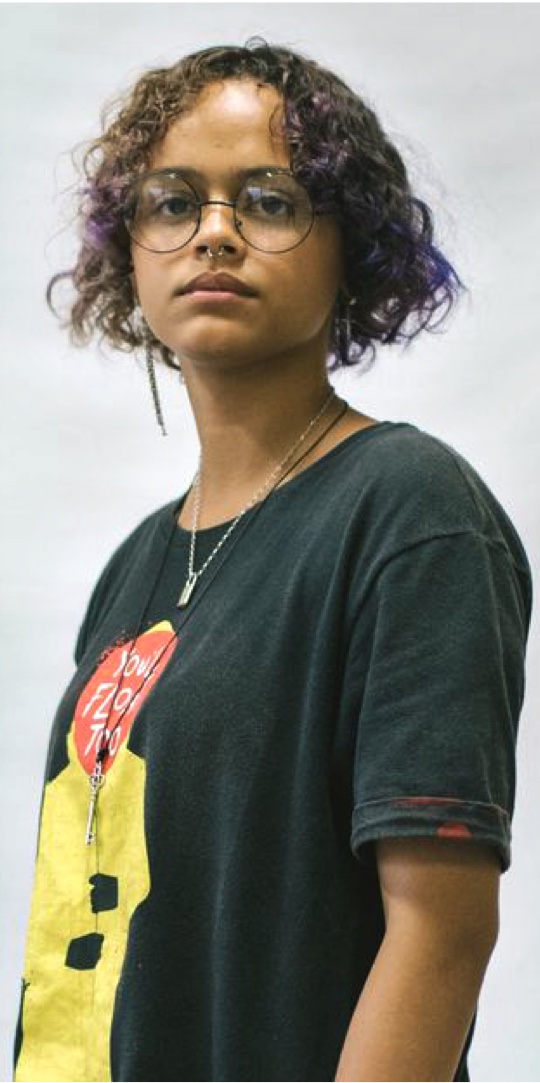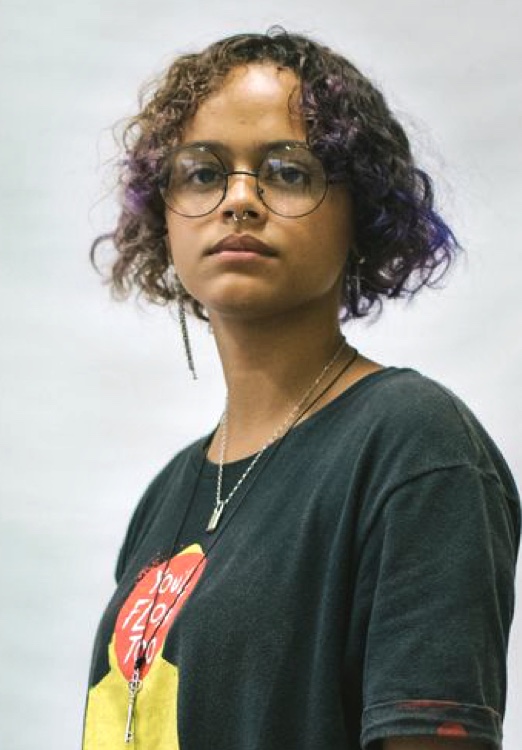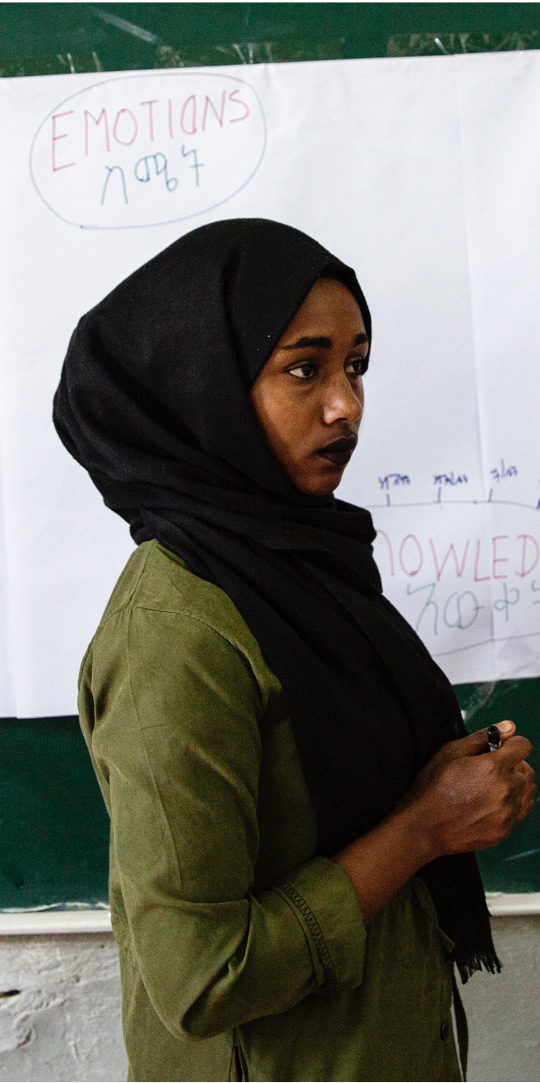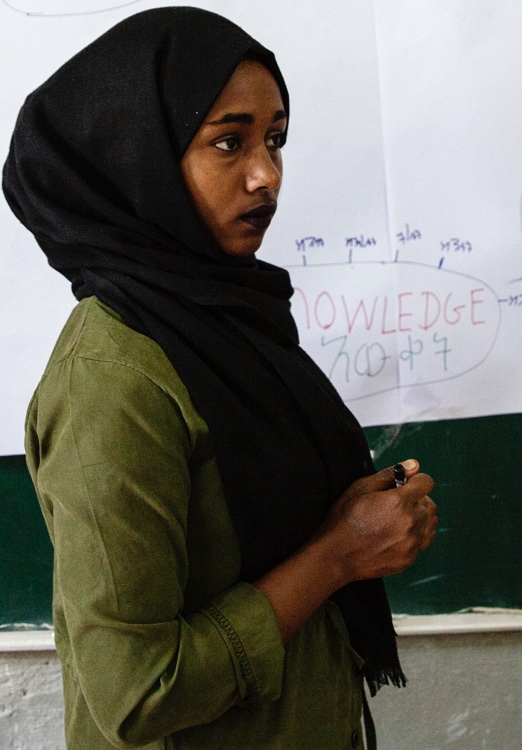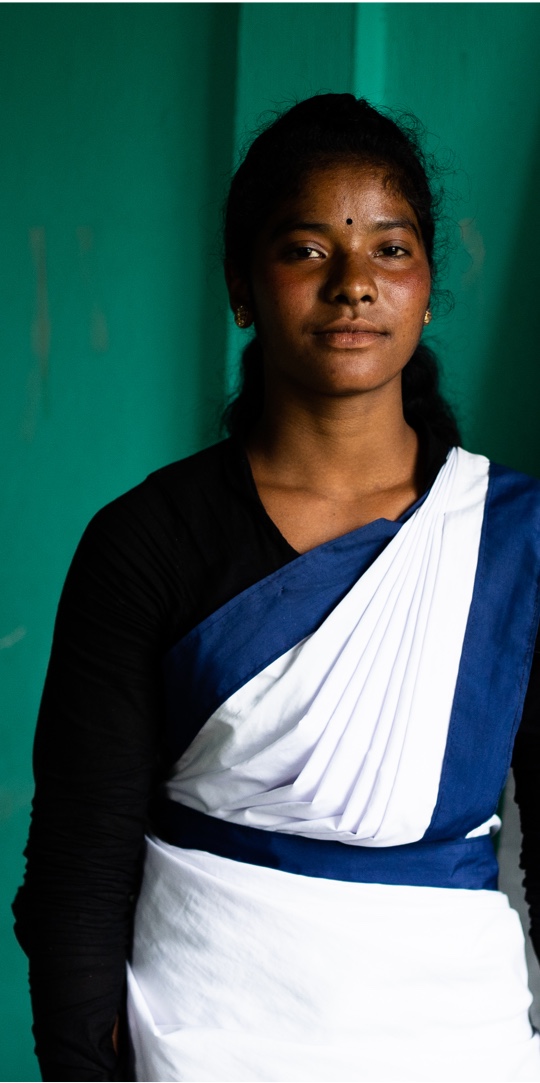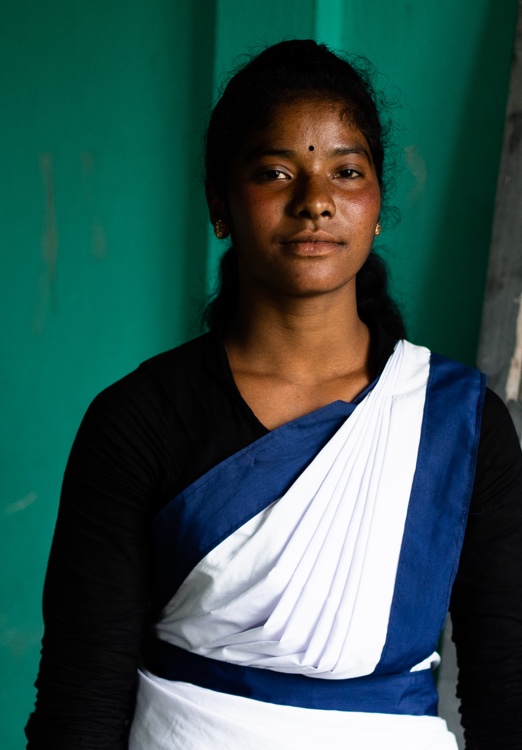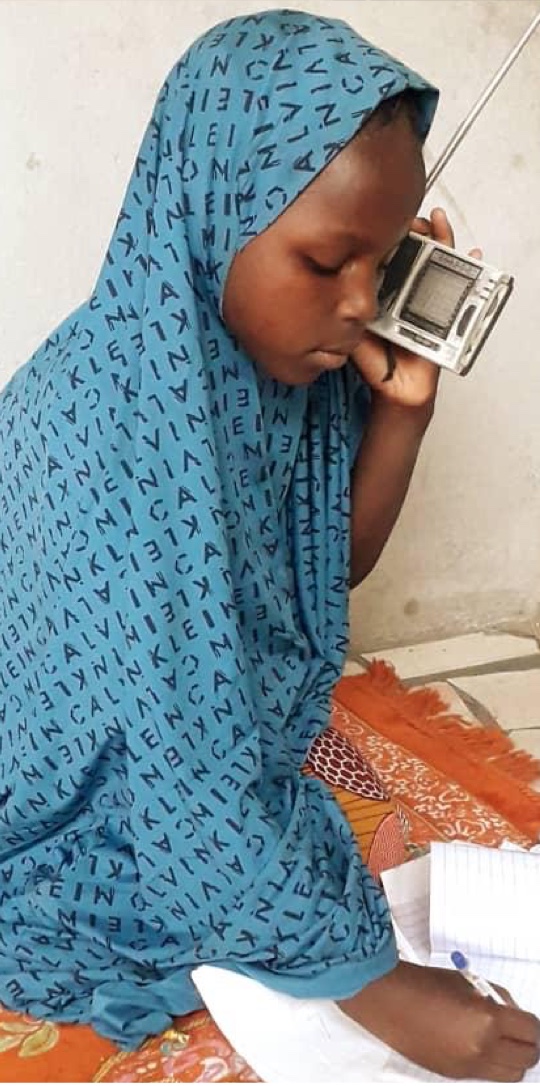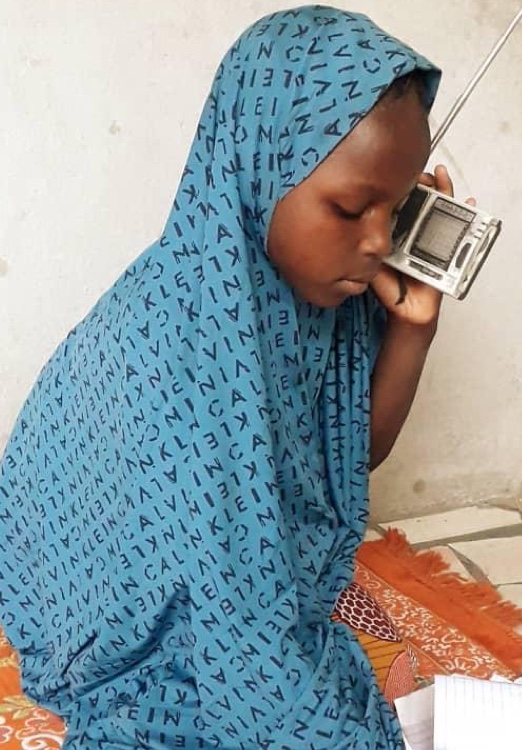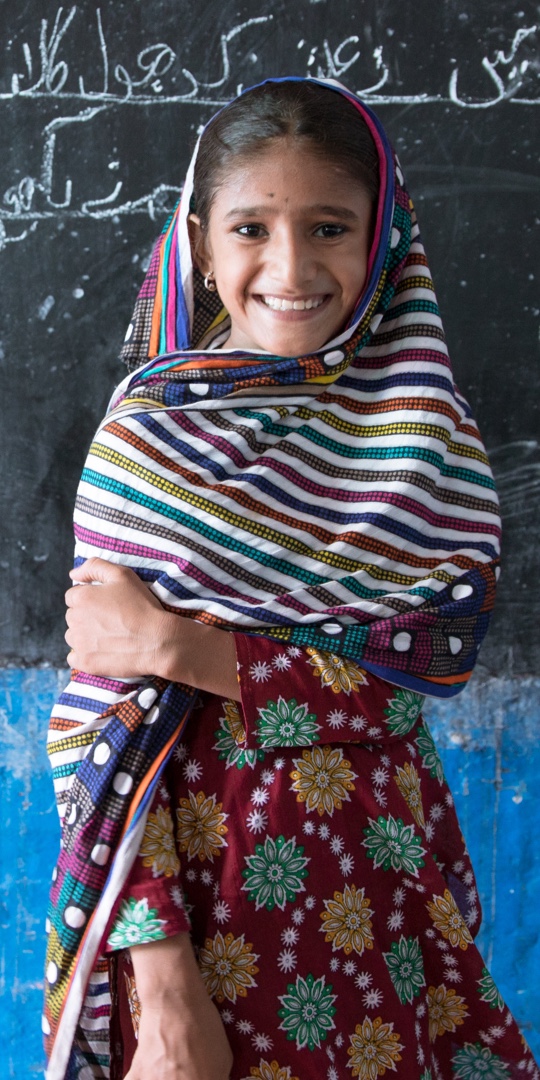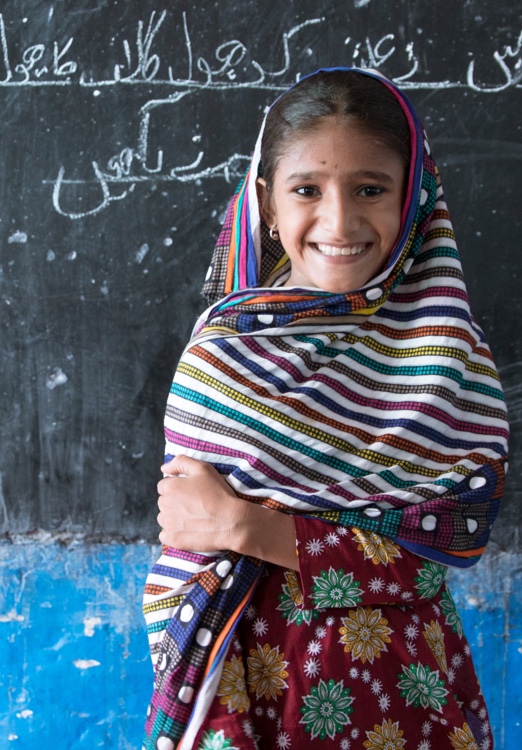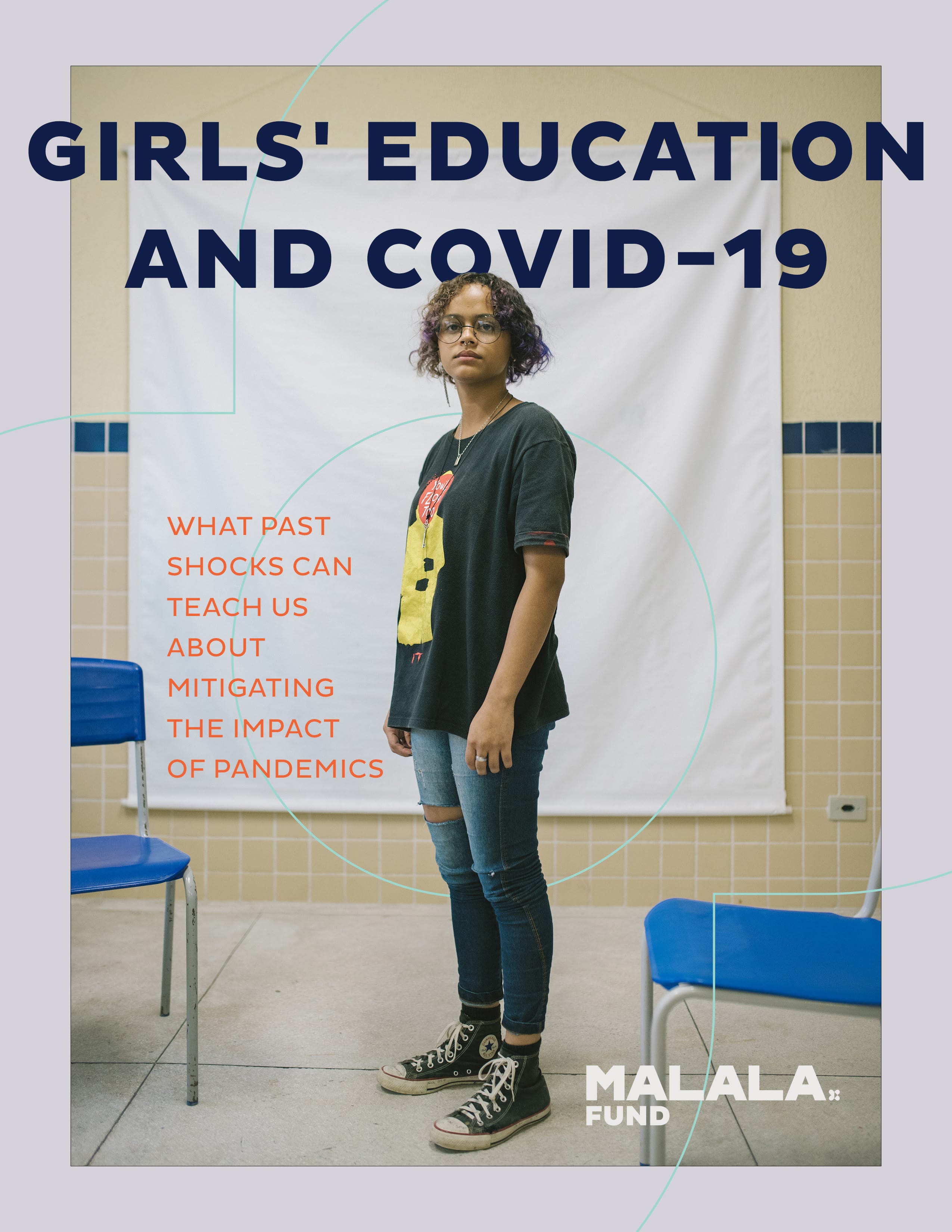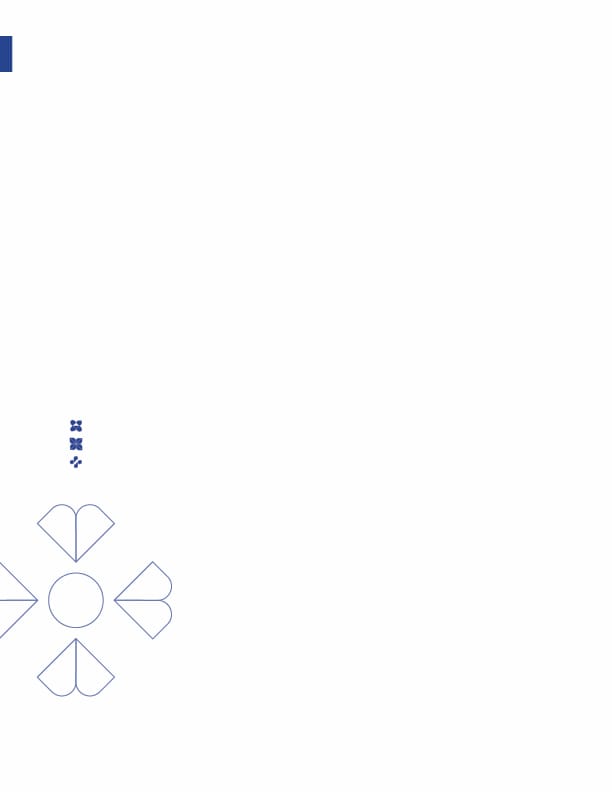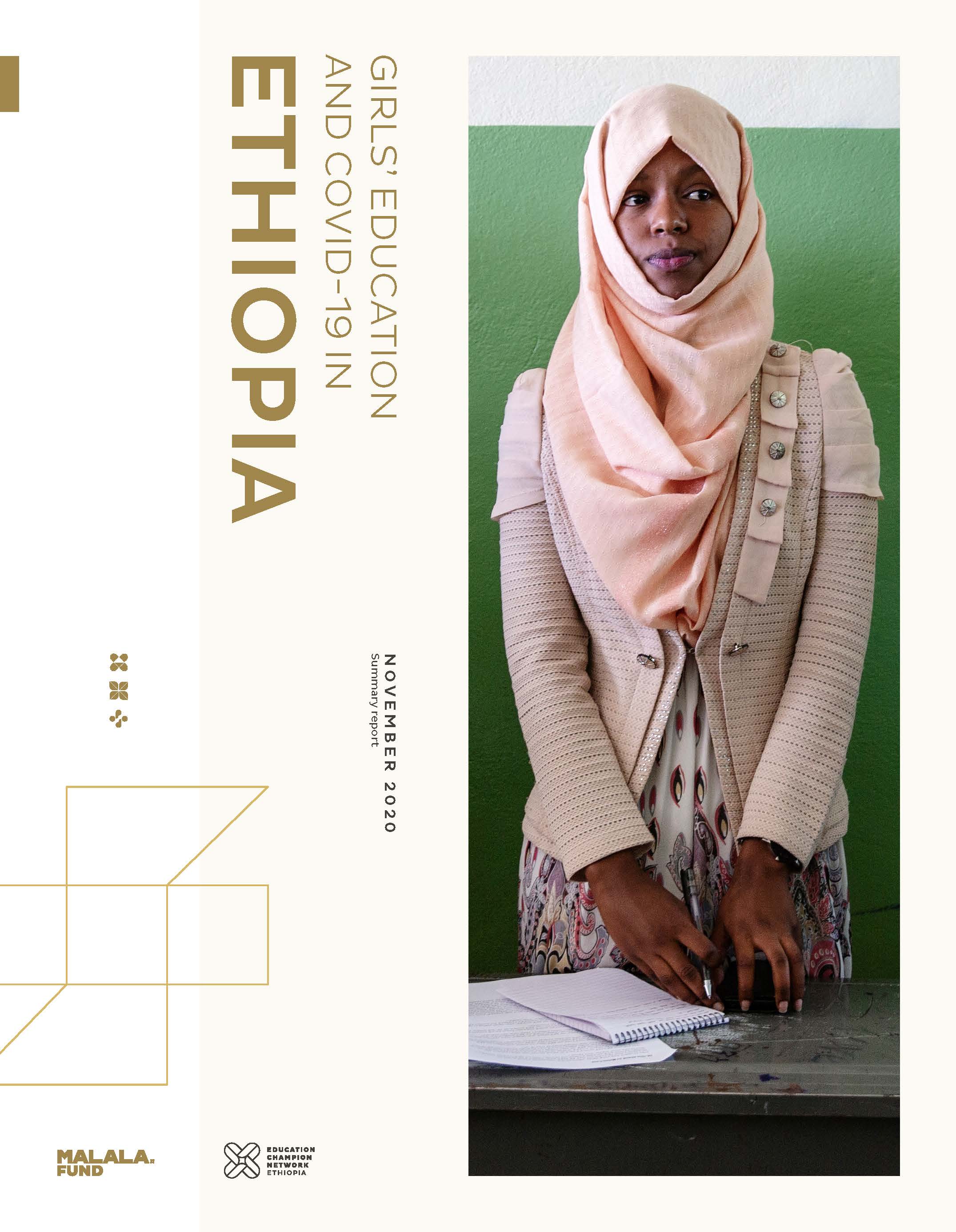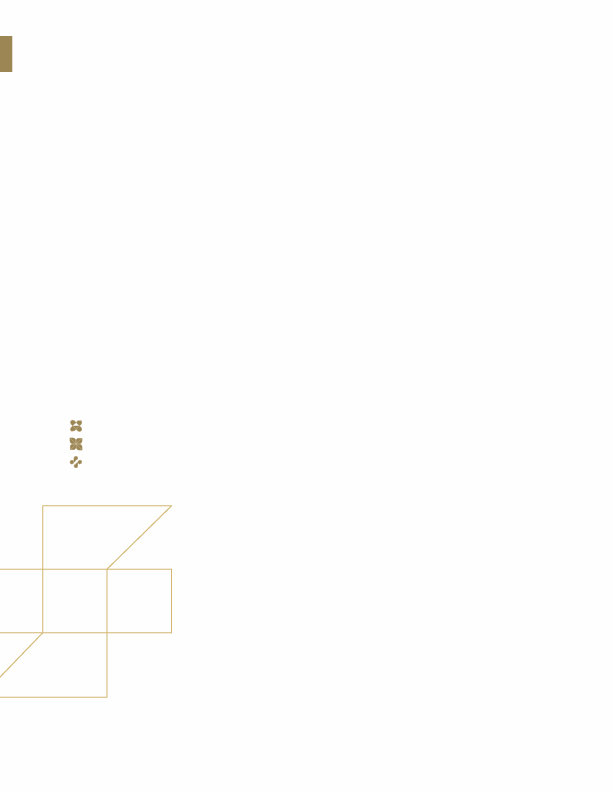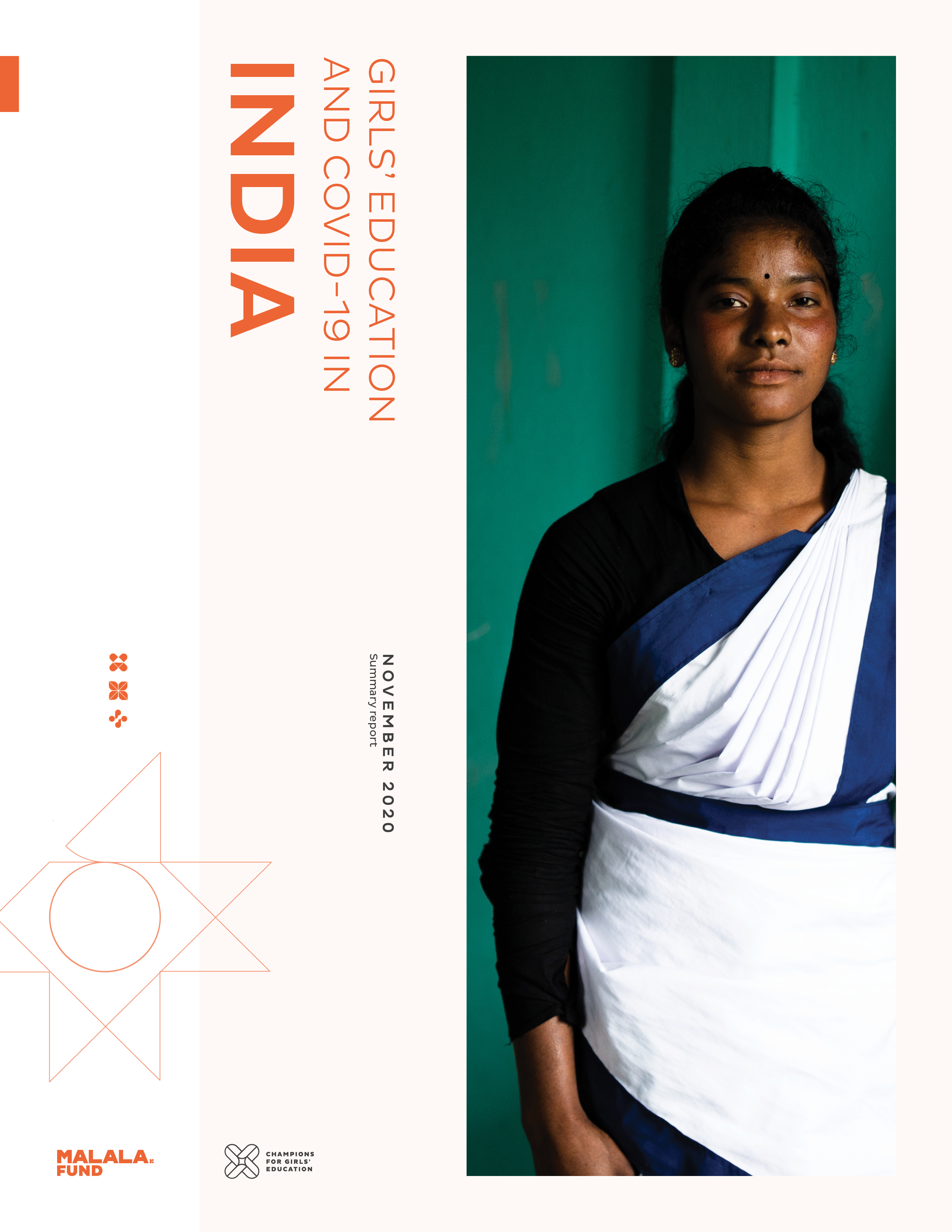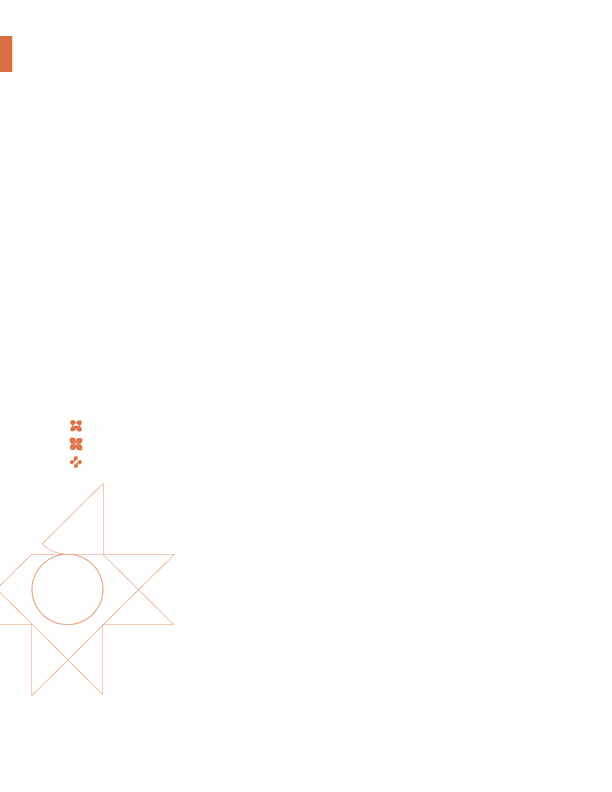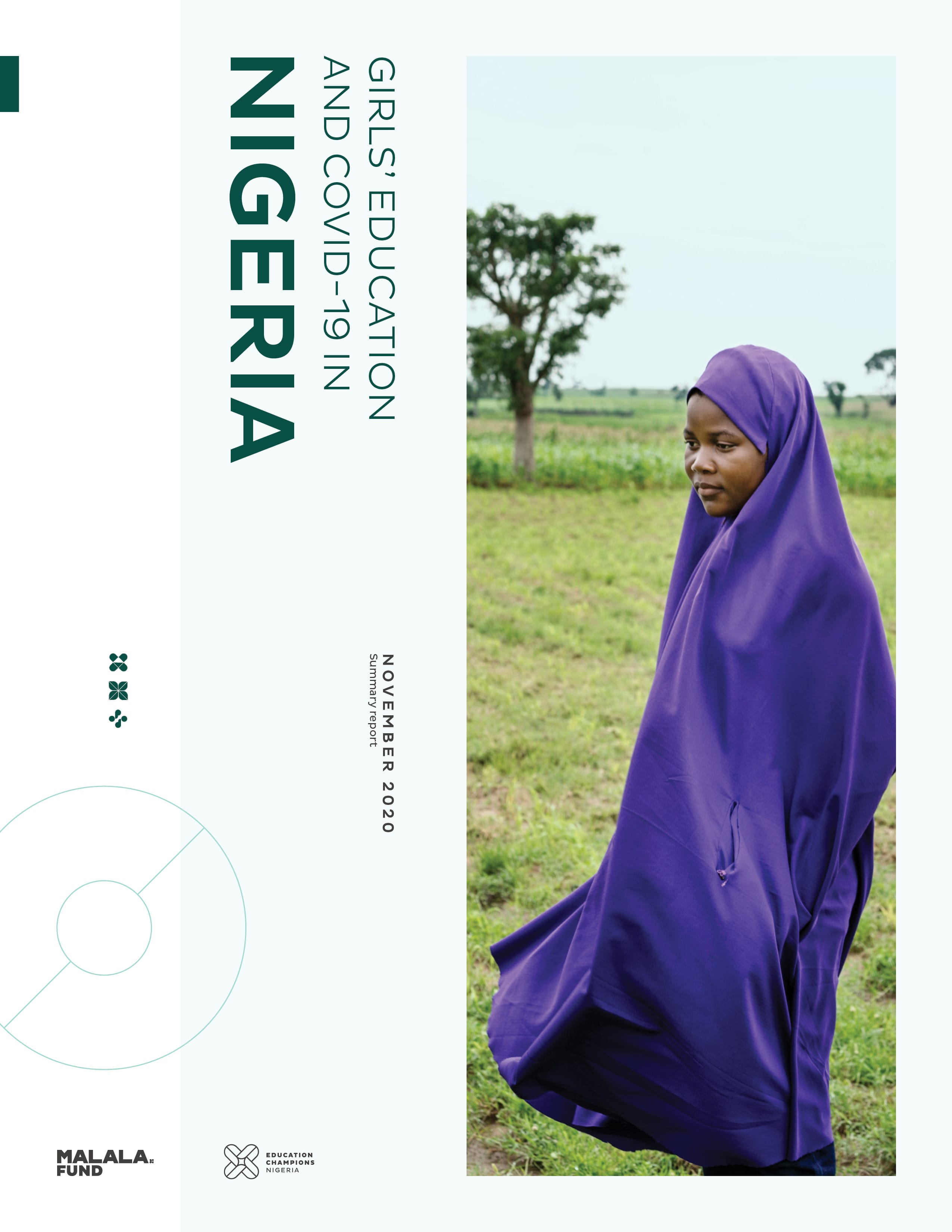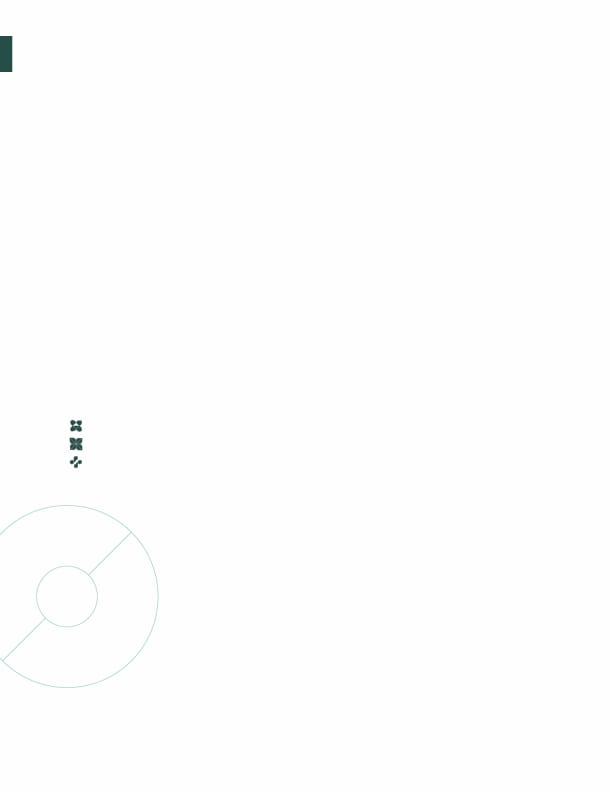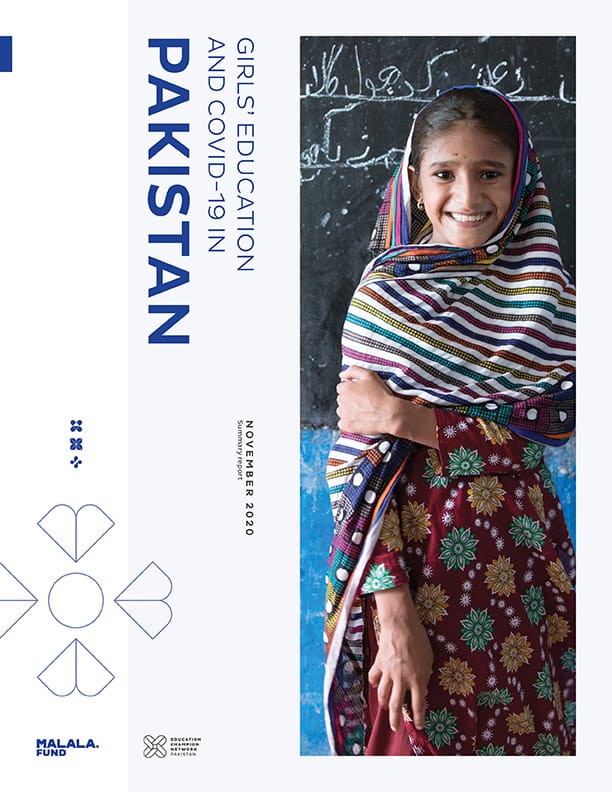AzCorp will make its popular “Sheeba and the Private Detectives” audio series more widely available to children aged 6-13 in hard-to-reach areas so they can continue learning during school closures.
CERP will expand access to its digital learning platform, IlmExchange, allowing girls from low-income households in Khyber Pakhtunkhwa, Punjab and Sindh to learn from home. Once schools reopen, CERP will help teachers adapt their lessons based on students’ learning levels in the platform and implement a remedial education programme to help them catch up. The organisation will also use data from the platform to map students’ learning losses as a result of the COVID-19 crisis so that schools and teachers can address these educational gaps.
ITA will provide home-based learning, catch-up classes and psychosocial counselling for the most marginalised adolescent girls. The organisation will also provide schools with necessary health, safety and hygiene information as well as the technological resources to ensure the protection and safety of students. ITA will also build teachers’ capacity to create gender-responsive curriculums, use education technology and teach life skills.
IRC will work with 30 schools in Jamshoro district, Sindh to train adolescent girls to speak out and enable school staff and community members to create more girl-friendly learning environments so girls enrol and remain in school.
By advocating to build computer labs in girls’ schools, MERC seeks to normalise girls’ computer and internet usage. It will also select 100 “Change Ambassadors,” young women who will participate in the organisation’s mentorship programme and learn skills in advocacy, data-driven campaigns, community mobilisation and gender equity.
Orenda will add curricula for more grade levels to its digital learning app, Taleemabad, so that children unable to attend school can study at home.
PYCA will launch an intensive 15-month multi-media campaign encouraging provincial and federal governments to maintain spending for girls’ education despite the economic consequences of COVID-19. Through print, digital and social media, the organisation will reach almost four million individuals.
SABAQ will develop and test a model that will allow girls’ public schools in Sindh to use technology-assisted teaching and learning at the primary level. By developing this model with the Sindh education and literacy department, SABAQ will help support distance learning, address educational gaps and improve learning outcomes for girls.
